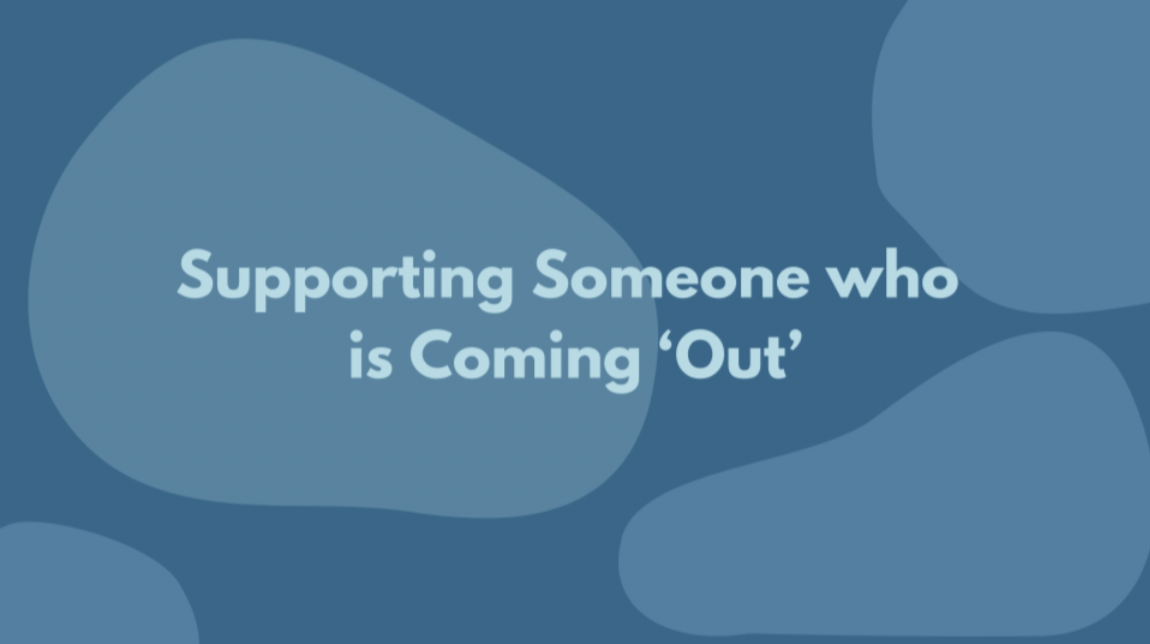
The experience of coming out can vary vastly between people. It can be easier or harder depending on the person, their friends, family, culture, religious beliefs, community and so on. If someone has come out to you, it means they trusted you with a personal piece of information. Coming out can mean a lot of different things for a lot of different people. To me, it means being able to be more myself around those around me. It also means normalizing my identity so that coming out can be easier for those around me. People's reasons for coming out differ. This is a personal decision-making process and should not be made for others. Outing someone is the act of sharing personal information about someone without their consent. Outing someone who is LGBTQI+ (sharing their gender identity or sexual orientation without their consent) can have serious consequences. Here are just a few examples: - It can prevent them from trusting others with this information. - Harm relationships that are important to them. - Could make them feel unsafe. - It can make them worry about how others see them. Rather than assume, it's best to ask someone about who else, if anyone else, they want to tell. Nobody should ever feel pressured to come out. It may have taken someone a long time to decide whether they wanted to come out to you, and how they wanted to do it. Before someone comes out, they may want to consider the costs and benefits. It's best to support that person's decision-making process. There's no perfect way of being there for someone who comes out to you, but here are some tips: Reassure them of your friendship and support. A big worry for some people could be that they might lose relationships or be rejected for their identity. Saying "I'm here for you" or "thank you for telling me ". These are just a few ways you can relieve them. Continuing to honour the relationship and being mindful of if you're acting differently can help you be there for them. A common myth about coming out is that it is a one-off event. Movies and television shows present it as something that is done once and over. It's a repetitive process. If someone comes out to you and you don't understand their identity, you may like to ask them questions (i.e., What does that mean? How should I refer to you now?) It can help to do your own research and learn more online, so not all the pressure is on that one individual to explain their identity over and over to many different people. Discrimination and inequality still exist. One way you can support someone who has come out is by being an ally. Being an ally means showing support and acceptance for LGBTQI+ people. It also means challenging discrimination and disrespectful language where you see it. Doing so creates a situation where someone feels more comfortable being themselves. As I mentioned, someone coming out to you means they trust you with this information. In essence, being respectful and considerate can help you honour their trust in you.

